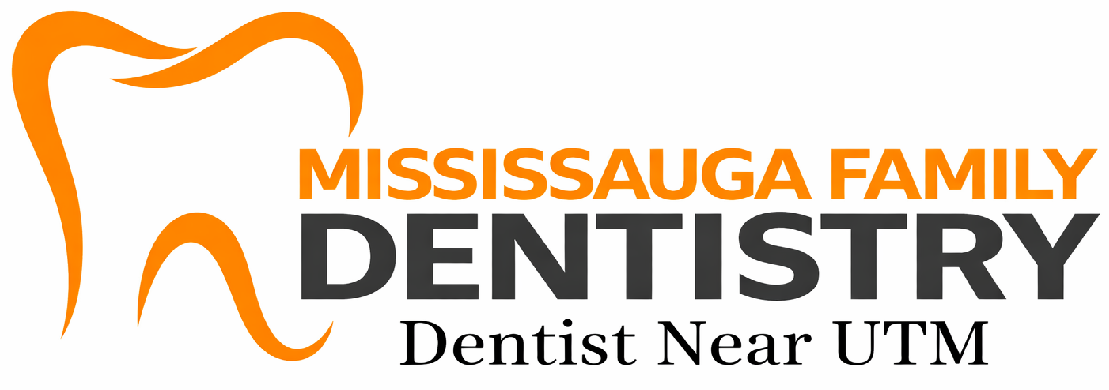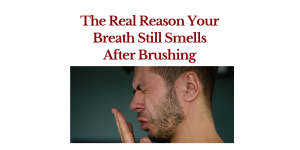Bad breath can be frustrating. You brush your teeth attentively, but the odor returns minutes later.
Many people encounter this dilemma, affecting confidence in social or professional situations. Brushing is important, but it does not always reach the source of the problem.
Comprehending what causes lingering bad breath can help you find the right remedy.
Food Particles Trapped Between Teeth
Even after brushing, tiny pieces of food may stay between your teeth. These particles break down and release unpleasant odors.
The toothbrush bristles cannot always reach these tight spaces. Flossing daily is key to removing food debris.
A water flosser can also help clear hard-to-reach areas. Without flossing, bacteria prosper in these trapped spaces and generate foul-smelling gases.
Bacteria on the Tongue
Your tongue is covered in small bumps and grooves. These develop the perfect hiding place for bacteria.
Even if your teeth are clean, bacteria can gather on your tongue and cause bad breath.
A tongue scraper is more effective than brushing your tongue with a toothbrush. Delicately cleaning the surface of your tongue once a day can make a big difference.
Dry Mouth Issues
Saliva naturally washes away bacteria and food particles. When your mouth is dry, bacteria multiply faster. This often happens if you breathe through your mouth, take certain medications, or do not drink enough water.
Staying hydrated and chewing sugar-free gum can help stimulate saliva production. If dry mouth continues, consult a family dentist in Mississauga about possible treatments.
Gum Problems and Infection
Persistent bad breath can also signal gum disease. When plaque builds up along the gumline, bacteria cause inflammation and infection.
This condition creates a strong odor that brushing alone cannot fix. Signs may include red or bleeding gums.
Regular dental checkups are integral for catching gum disease early. Professional cleaning can eliminate plaque that is missed when brushing and flossing.
Also Read: The Role of Hydration in Preventive Dental Care and Enamel Protection
Medical Conditions That Affect Breath
Sometimes the problem goes beyond your mouth. Conditions like sinus infections, acid reflux, or diabetes can cause bad breath.
If brushing and flossing make no difference, it may be linked to your overall health.
In these cases, the best step is to visit your doctor and your dentist. A family dentist in Mississauga can help determine if the cause is oral or medical.
How Professional Help Makes a Difference
Regular visits to a dental office are imperative for fresh breath. A dentist can examine your mouth, identify hidden issues, and recommend solutions.
Professional teeth cleaning eliminates tartar and bacteria that brushing cannot. This helps with breath and improves overall oral health. Catching problems early prevents them from becoming more serious.
Extra Tips for Fresher Breath
These additional steps can keep your breath smelling clean:
- Drink enough water during the day.
- Replace your toothbrush every three months.
- Avoid smoking and limit alcohol.
- Eat fresh fruits & vegetables to increase saliva flow.
Adding these habits to your daily routine makes brushing more effective.
A Final Note on Long-Term Care
Bad breath is often a sign that something more is going on. Brushing is not enough on its own. You need a full approach that includes flossing, tongue cleaning, and regular dental care.
If you are unsure about your breath, a family dentist in Mississauga can guide you. Professional teeth cleaning and advice tailored to your needs can restore confidence in your smile.
Remember that taking small steps daily protects fresh breath & long-term oral health.
Contact us to learn more.

